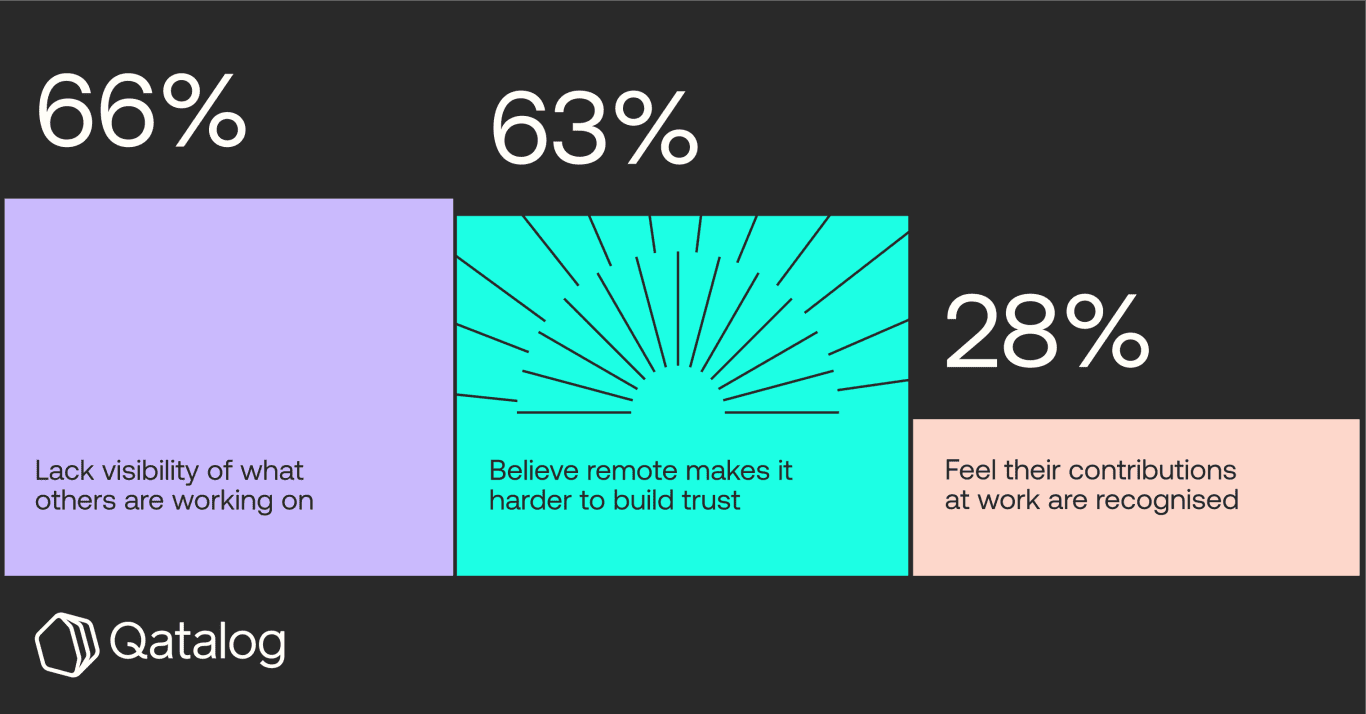Remote work is eroding empathy
This is according to to research by Qatalog.
Why You Should Care
Companies are struggling to figure out how to respond to the 'Great Resignation'.
It seems like empathy and trust is important.
As is properly recognizing employees' contributions at work.
The ‘Great Resignation’ is in full force and companies are grappling with how best to retain and attract talent. Some have increased their wages, others have dialed up their benefits.
But Leadership From The Core chief human office Marcel Schwantes argued in an Inc article that empathy is crucial to employers stopping their workers from quitting.
Schwantes wrote: “For leaders, taking an empathetic approach comes down to putting yourself in someone else’s shoes. This means listening to their needs, respecting them enough to have honest, and sometimes difficult, conversations.
“By tapping into our humanity in an environment where so many of us show up wearing a mask (no, not the COVID-19 type), we can all unlock loyalty and find success.”
Therefore, it is concerning that a recent survey from Qatalog found that remote, distributed working is eroding empathy and trust at work.
The study found that 34% of the 2,000 US and UK workers surveyed are more frustrated by slow responses from colleagues when working remotely than they would be in person and 10% are more suspicious of colleagues taking sick leave than they were pre-pandemic.
To add to this, Qatalog found that employees struggled keeping track of what other people are working on.
66% lacked visibility of what colleagues are working on, therefore creating blind spots and silos, and 63% struggled to build trust with colleagues online, compared to in-person.
Lack of recognition is a problem
As a result, Qatalog found that contributions of those working remotely were often overlooked.
Only 28% of those surveyed said they felt they were adequately recognized for their work, while 10% say their contributions are ignored completely.

Therefore, Qatalog adds to the emerging evidence that the hybrid, distributed future of work looks set to include ‘proximity bias’. This is a phenomenon where those working from home are overlooked for promotions and pay rises; Qatalog found that 47% thought it was easier to get promoted if they spent more time in the office.
So what must companies do to fix this crisis of trust and empathy?
“Employees feel valued when they know how their work fits into the bigger picture and are given the space to work on their own terms. That’s hard when the workplace is so fragmented and visibility is so poor,” said Tariq Rauf (LINK), founder and CEO of Qatalog. “
“To fix this, employers must be intentional about helping teams work with a shared perspective even when they’re not in the room together.”
Rauf added: “The ‘Great Resignation’ is a huge danger for every business today — the balance of power is shifting away from companies to employees.
“Building a culture of trust and flexibility has never been more critical to keeping people engaged in this new world of work.”
Sign up to the UNLEASH Newsletter
Get the Editor’s picks of the week delivered straight to your inbox!

Chief Reporter
Allie is an award-winning business journalist and can be reached at alexandra@unleash.ai.
